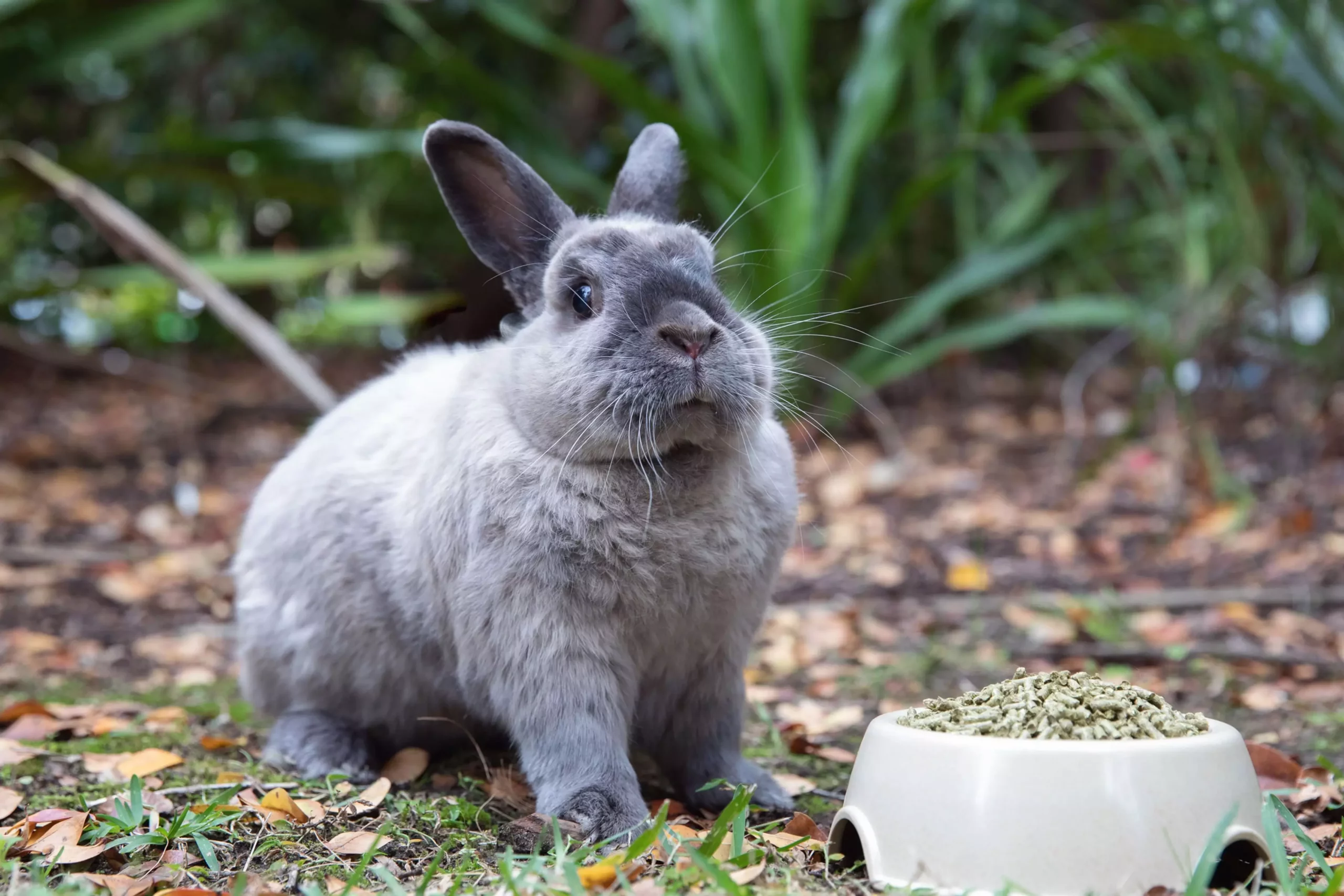Rabbits are unique creatures, known for their inquisitive nature and voracious chewing habits. However, a sudden loss of appetite in a rabbit can be alarming and warrants immediate attention. This situation should not be brushed off lightly, as it often signals underlying health issues that could escalate into emergencies. Understanding the potential causes and recognizing the associated symptoms can save a rabbit’s life and promote timely intervention.
Unlike dogs and cats, whose meal refusals may have different implications, a rabbit skipping meals is particularly concerning. A loss of appetite can be symptomatic of various gastrointestinal problems, the most notorious being ileus. This condition presents a severe risk as it halts normal peristalsis—the critical process by which food moves through the gastrointestinal tract. If ileus goes undiagnosed and untreated, it poses a significant threat to a rabbit’s survival.
Typically, ileus is a symptom of multiple underlying conditions, including dental issues such as overgrown teeth, abscesses, intestinal parasites, and even infections. Environmental stressors and changes can also be detrimental, as rabbits are naturally sensitive to alterations in their surroundings. By comprehensively understanding these triggers, rabbit owners can make more informed decisions regarding their pets’ well-being.
Recognizing the signs of gastrointestinal distress in rabbits requires careful observation. The primary indicators include a visible refusal to consume food or an evident decrease in food intake. Additionally, owners should monitor for changes in fecal matter: an absence or decrease in feces size, shifts in texture, or a notable change in color can all be alarming developments. Other concerning behaviors may include diminished activity levels, signs of pain such as teeth grinding, and decreased water consumption.
It’s important for owners to pay close attention to these symptoms. An increase in food leftovers, or reluctance to engage with previously favorite treats, can signal trouble. Even seemingly minor behaviors, such as excessive grooming due to mucus from nasal drainage, should prompt further examination.
If a rabbit is not eating, it’s crucial for owners to act quickly, even while preparing for a veterinary visit. In the short term, certain remedies may provide relief and stimulate appetite. For instance, offering baby food made from mixed vegetables through a syringe might help initiate gastrointestinal function. However, it’s vital to note that a rabbit’s appetite remains critical; even a single day without food can lead to severe health issues, such as gas buildup.
Encouraging gentle movement through light exercise, coupled with belly massages, can stimulate gut motility. These tactics, combined with ensuring adequate hydration by providing both water bowls and bottles, form an essential part of immediate care. Offering watery greens, such as lettuce or cucumber, while avoiding pellets can also support their delicate digestive systems.
Nevertheless, while trying these home remedies, don’t hesitate to reach out to a veterinarian. Professional guidance is invaluable, as they can assess the rabbit’s condition and may suggest interventions such as IV fluids or medications aimed at alleviating pain or digestive distress.
A veterinarian’s evaluation often involves a comprehensive approach. Besides a thorough physical examination, they may recommend numerous diagnostic tests, including blood, urine, and fecal tests, as well as imaging studies like X-rays. It’s crucial to discern the root cause of appetite loss, as treatment can vary significantly based on the underlying health issue.
In cases where testing is limited by a rabbit’s health status or financial constraints, treatment can still be initiated through symptomatic care. Owners must remain vigilant, as recurring issues may require ongoing management and preventative strategies.
Effective rabbit care encompasses more than just addressing immediate health concerns. Preventative measures are crucial for fostering a robust appetite and a healthy life. Regular dental care can prevent common issues like overgrown teeth, while keeping living areas clean can minimize the risk of infections and parasite infestations.
In addition to environmental considerations, an optimal diet rich in unlimited grass hay, leafy greens, and fresh water is imperative. Providing a stable, low-stress environment will significantly contribute to a rabbit’s well-being, cementing a healthy relationship with food.
The well-being of a pet rabbit hinges upon attentive care, prompt responses to health changes, and proactive measures. Being a responsible rabbit owner means comprehensively understanding the signals your pet gives. Always consult with a veterinarian if you suspect health issues, as timely intervention is the key to a long and happy life for your furry companion.

